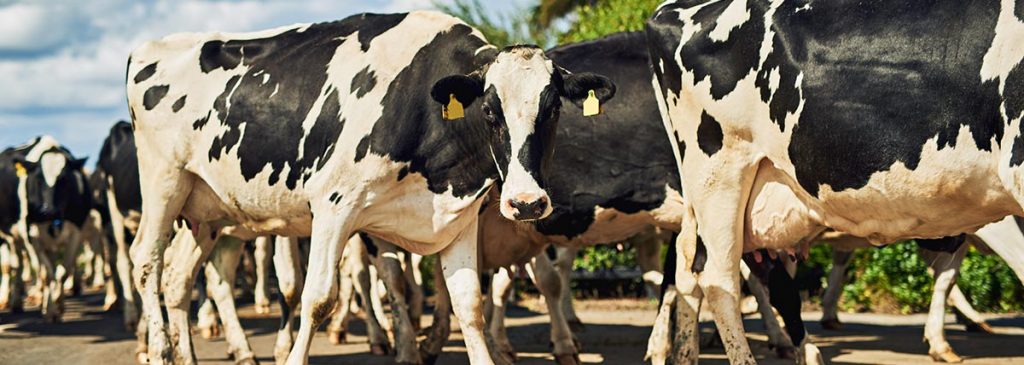Biosecurity practices in Denmark (Salmonella Dublin)
A case-control study of Danish dairy farms examined the relationship between on-farm biosecurity and the presence of Salmonella Dublin. The findings indicate that higher biosecurity levels were associated with a reduced risk of farms testing positive for the pathogen, which poses significant animal health and productivity challenges.
Main Findings
- Farms with higher biosecurity practices were less likely to become test-positive for Salmonella Dublin.
- Key biosecurity factors that contributed to reduced risk included controlled visitor access, effective sanitation protocols, and proper handling of animal introductions.
- The statistical analysis confirmed that enhanced biosecurity measures are a protective factor against the introduction and spread of Salmonella Dublin within dairy herds.

Implications
- Implementing comprehensive biosecurity protocols is critical in managing infectious risks in cattle farming.
- The study supports targeted biosecurity interventions as a valuable strategy for improving cattle health and reducing public health risks associated with dairy production.
This research underscores the importance of maintaining stringent biosecurity standards on farms to protect animal and public health.
Read more about the research here.